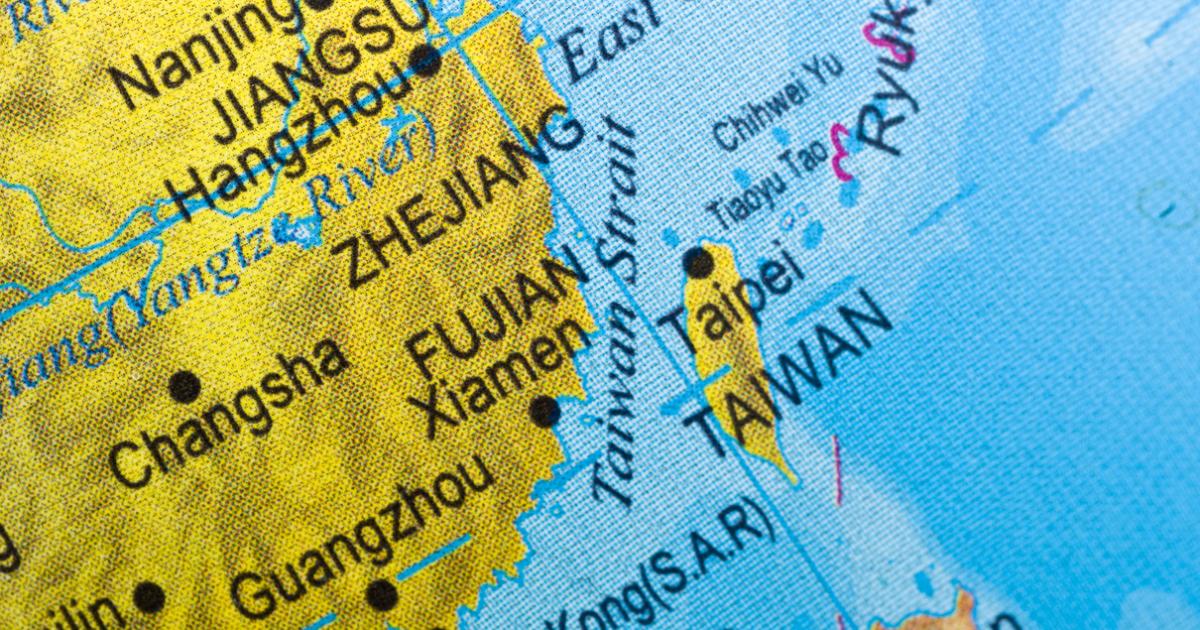Taiwan Faces Constitutional Crisis: Join the Roundtable Discussion on February 18, 2025

The Hoover Institution, in collaboration with Taiwan's National Security Task Force, is hosting an important roundtable discussion focused on Taiwan's political landscape and its pressing constitutional challenges. This event is scheduled for Tuesday, February 18, 2025, from 5:00 to 6:00 PM Pacific Time and aims to address the ongoing political crisis that has the potential to significantly impact Taiwan's judicial system.
Currently, Taiwan is grappling with a looming constitutional crisis. In December 2024, the opposition-controlled legislature took a pivotal step by enacting a measure that imposes a supermajority quorum of two-thirds for the Constitutional Court to consider new cases. This legislative change has resulted in a precarious situation, as all new nominees to the court were subsequently voted down, leaving the court with only eight members. This reduced number makes it impossible for the court to meet the newly established quorum requirement, leading to questions about the court's operational capacity and its ability to uphold the rule of law.
In response to these developments, the government has appealed to the Constitutional Court, urging it to convene regardless of the quorum issue and to rule on the constitutionality of the recent legislative amendments. This situation underscores the growing tensions between the ruling and opposition parties in Taiwan, highlighting the critical need for judicial independence amid political strife.
This roundtable will feature three distinguished experts who will provide their insights into these pressing issues. They will explore the factors that led to this constitutional confrontation, the choices available to the court in navigating these complexities, and the potential for broader reforms that could enhance judicial independence in Taiwan.
Meet the Participants:
Chien-Chih Lin is an associate research professor at the Institutum Iurisprudentiae of Academia Sinica and also serves as an associate professor at the Graduate Institute of National Development at National Taiwan University. He holds both an LLM and a JSD from the University of Chicago. His academic focus is on comparative constitutional law in Asia, and he has co-authored significant works such as Constitutional Convergence in East Asia (2022) and Ultimate Economic Conflict between China and Democratic Countries (2022). His scholarly articles have appeared in various prestigious law journals and edited volumes, including the Oxford Handbook of Constitutional Law in Asia and the American Journal of Comparative Law. Lin also serves as the book review editor for the International Journal of Constitutional Law.
Weitseng Chen is a faculty member at the National University of Singapore Faculty of Law, where he specializes in the intersection of law, economic development, and political history within the Greater China context. He has authored several impactful publications, including Regime Type and Beyond: The Transformation of Police in Asia (CUP, 2023) and Authoritarian Legality in Asia: Formation, Development and Transition (CUP, 2019). Chen earned his JSD from Yale Law School and has previously worked as a Hewlett Fellow at Stanford's Center for Democracy, Development, and the Rule of Law, as well as practicing corporate law in the Greater China region with the firm Davis Polk & Wardwell.
Kharis Templeman serves as a research fellow at the Hoover Institution, contributing to the Project on Taiwan in the Indo-Pacific. With a Ph.D. in political science from the University of Michigan, Templemans research interests encompass the dynamics of Taiwan politics, including areas such as democratization, electoral processes, party system evolution, and security matters within the Pacific Asia region.



























